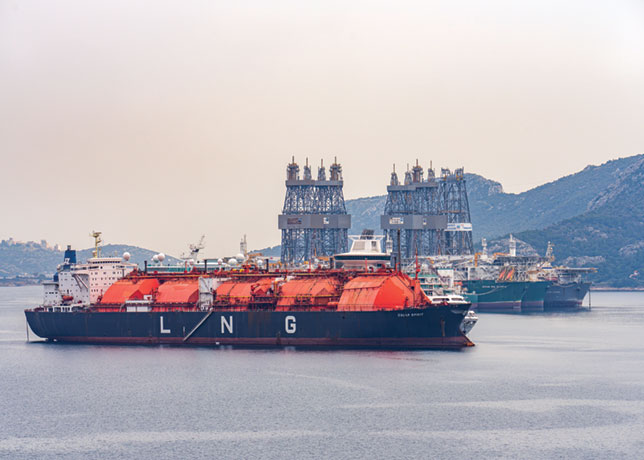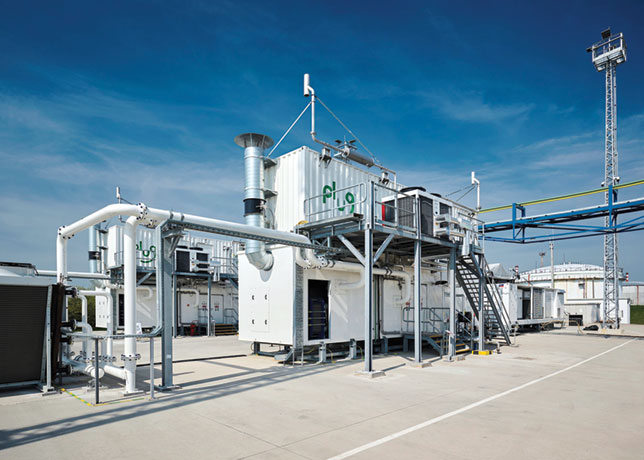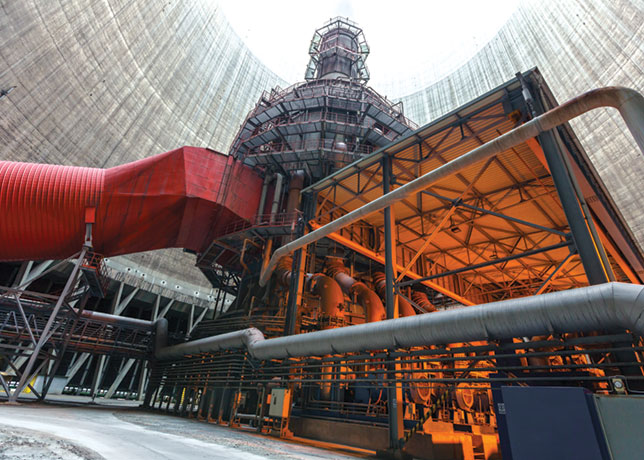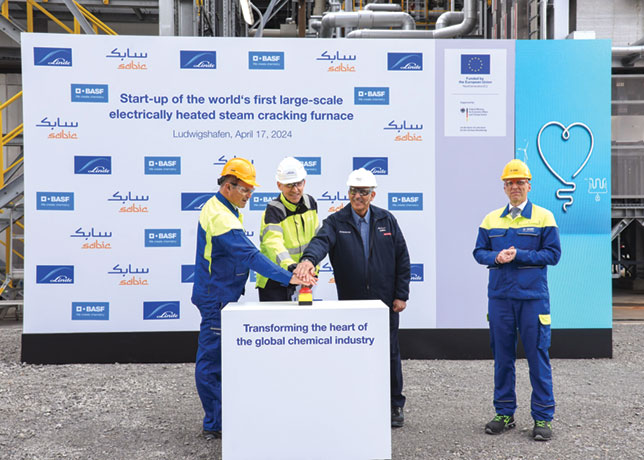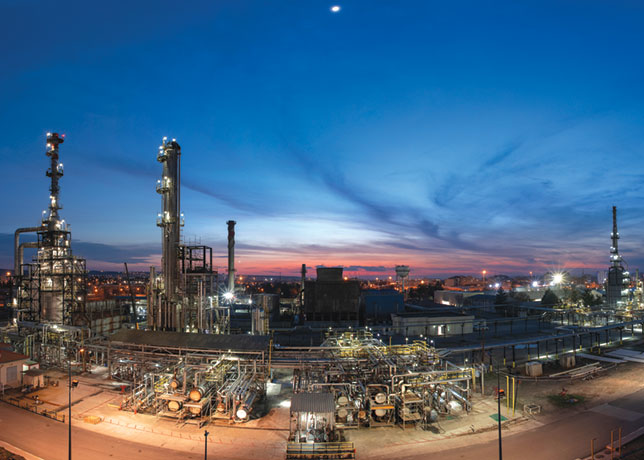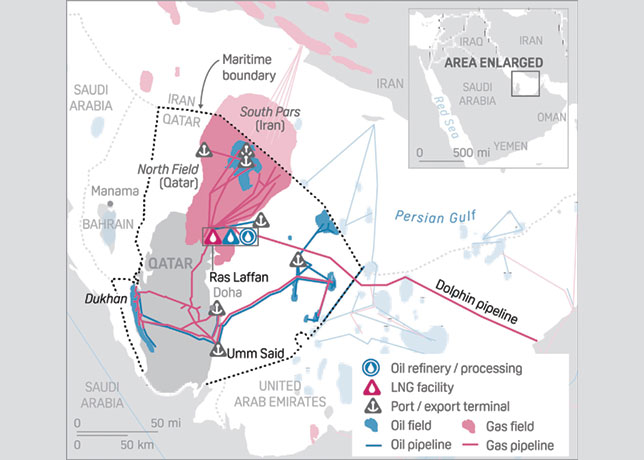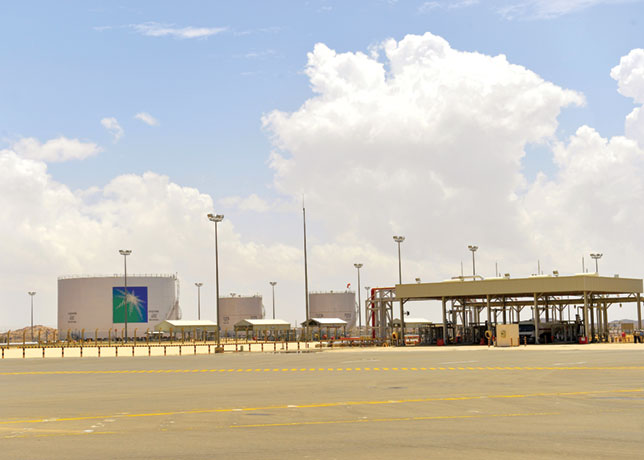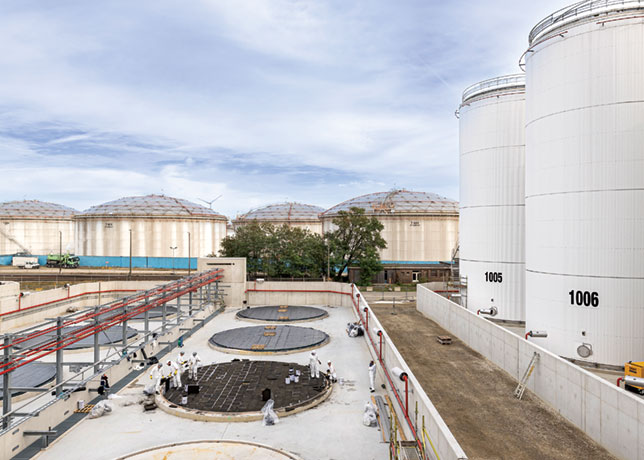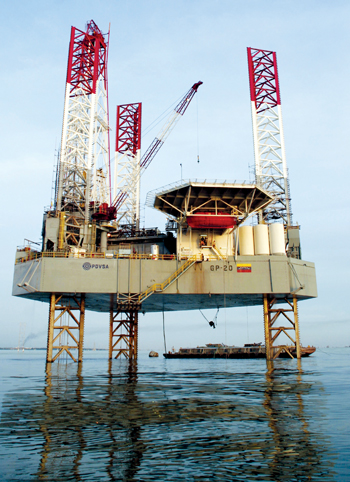
Australia’s Macquarie Group Ltd is stepping up its presence in energy markets, considering acquisitions in futures, physical oil and refined products businesses as falling oil prices help drive client activity.
A near 50-per cent slump in oil prices since the middle of 2014 may cause some distressed sales while onerous capital requirements on global banks are likely to drive consolidation.
Under chief executive Nicholas Moore, the commodities business has become an increasingly important part of Macquarie, which has grown its commodities trading through a handful of small-sized US acquisitions.
“We do have a global platform, we do think there is an opportunity for us to gain scale,” said Andrew Downe, head of Commodities and Financial Markets, during an operational briefing.
“Some of the opportunities will come from changing market dynamics (such as) ... the significant shift in the oil price.”
The bank is in talks to buy Jefferies Group’s commodities and financial derivatives brokerage, sources told Reuters last month. Macquarie changed the name of its fixed income, currencies, commodities (FICC) division to Commodities and Financial Markets as they expand into physical commodities markets.
Macquarie’s FICC business generated about 60 per cent of its operating income from commodity markets last year.
It is likely to post its best annual profit since the 2008 global financial crisis, vindicating its deep push into physical commodities markets at a time when the likes of JPMorgan and Deutsche Bank have scaled back as restrictions on commodities trading grow in Western markets.
It expects a full-year net profit increase at the “upper end” of the 10-20 per cent range it had forecast.
“Better results across all groups have helped us move from a range to the top-end of that range,” CEO Moore told analysts and investors on a call.












